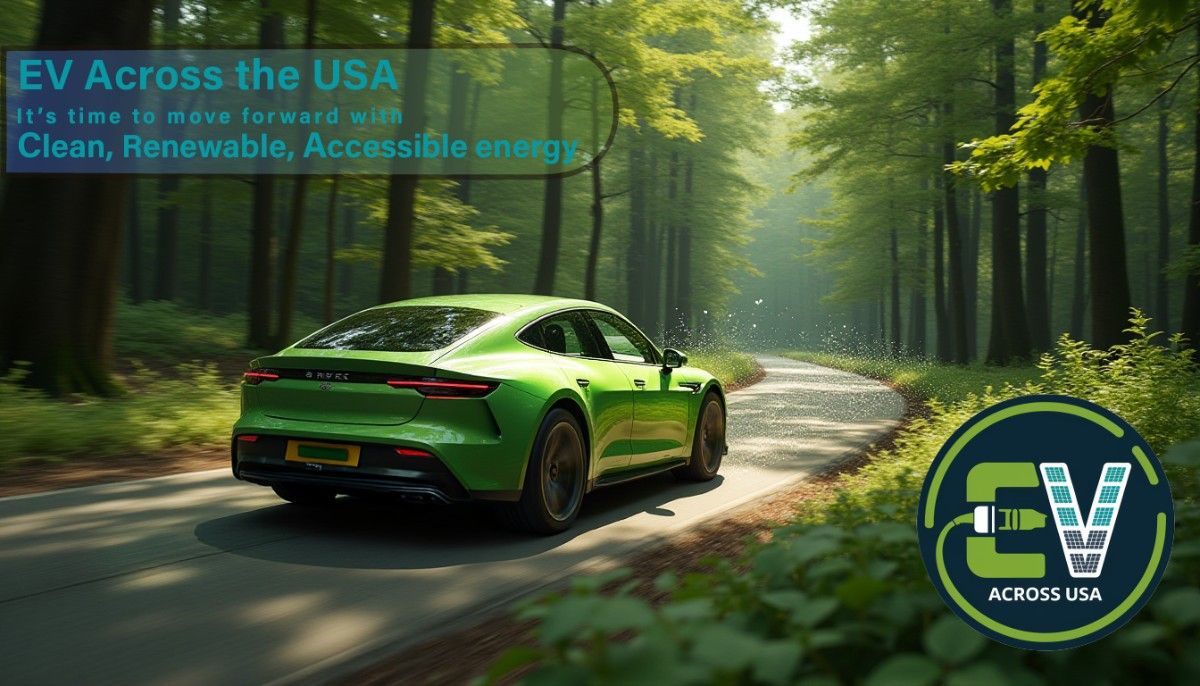Recent stories about the parlous state of Democratic Party fundraising have raised an issue regarding a perhaps unnoticed constitutional decision. It appears that some big donors are concerned about how various independent groups spent their money during the last election cycle. But should the party’s nominee try to do better next time around — for example, by arranging for one group to invest in state A and another group to invest in state B — the campaign would run afoul of federal law, which would treat the independent group’s “consultation” and “cooperation” as illegal campaign contributions.
However, that well-understood restriction might soon become much less restrictive, depending on how broadly the Supreme Court rules in the case of National Republican Senatorial Committee v. Federal Election Commission, which was recently added to the court’s December oral argument calendar. The case involves a lawsuit filed by, among others, the NRSC and then-Senator JD Vance, challenging the Federal Election Campaign Act’s limits on how a federal candidate may coordinate spending with their own party. The plaintiffs argue that the rules violate the First Amendment. The US Court of Appeals for the Sixth Circuit rejected the claim, but only because the Supreme Court has yet to overturn an old controlling precedent that few legal scholars still consider good law.



